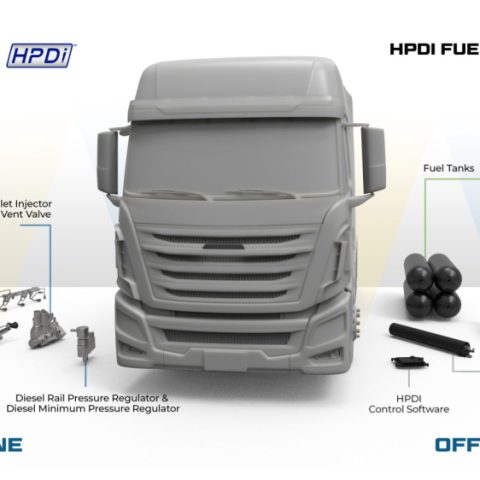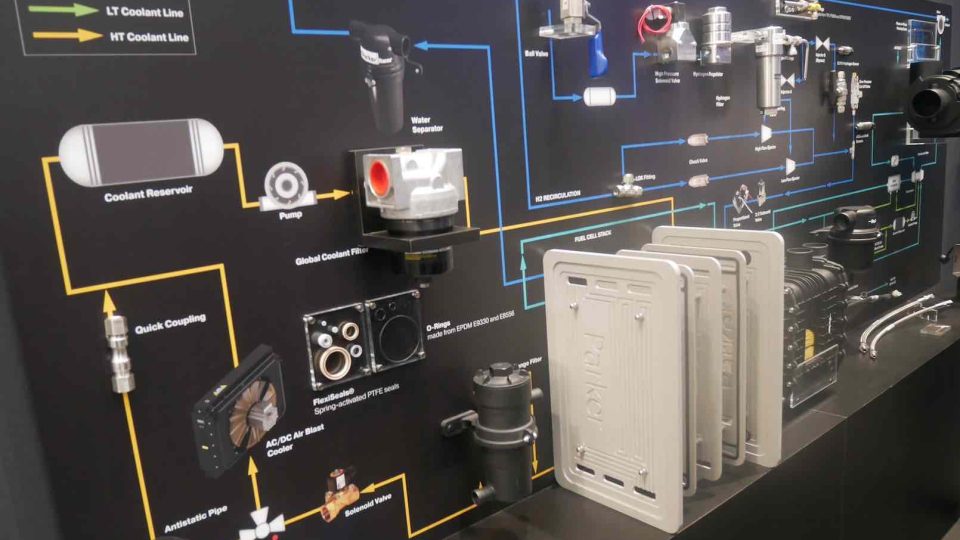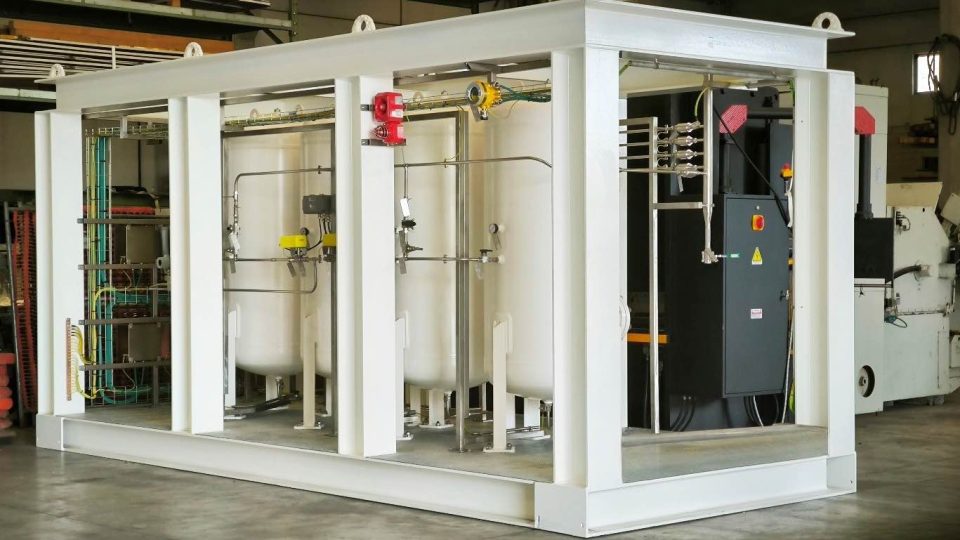Volvo Group straightens the cooperation with Westport
Volvo Group and Westport sign letter of intent to establish joint venture to reduce CO2 emissions from long-haul transport

Volvo Group and Westport have taken a significant step forward in the joint decarbonization operation in long-haul transportation.
HPDI is the turning point of the cooperation between Volvo Group and Westport
The two companies have signed a non-binding letter of intent to establish a joint venture. The collaboration aims to accelerate the commercialization and global adoption of Westport’s HPDI™ fuel system technology for long-haul and off-road applications. Both companies share the vision of creating sustainable transport solutions to support decarbonization efforts in the global trucking, engine, and equipment manufacturing industries for the benefit of customers and society.
Indeed, the HPDI™ (High-Pressure Direct Injection) fuel system technology developed by Westport plays a crucial role in enabling trucking and off-road equipment manufacturers to meet stringent regulatory requirements while providing cost-effective solutions to end-users. Here’s a summary of the key points:
- HPDI™ technology allows trucking and off-road equipment manufacturers to address the challenges of meeting the regulatory requirements of Euro 7 and the US Environmental Protection Agency. These regulations impose strict emission standards to reduce air pollution and greenhouse gas emissions from vehicles and equipment.
- The HPDI™ system offers manufacturers and end-users the ability to use carbon-neutral fuels, such as biogas, which is derived from organic waste and does not contribute to net carbon emissions. By utilizing such fuels, the transportation industry can make significant strides in reducing its carbon footprint and supporting sustainability efforts.
- In addition to carbon-neutral options like biogas, the HPDI™ technology enables the use of zero-carbon fuels like green hydrogen, which is produced using renewable energy sources. This further supports the transition towards cleaner and more environmentally friendly transportation solutions.
- The flexibility of the HPDI™ system extends to other renewable fuels, allowing manufacturers and end-users to explore a wide range of alternatives to conventional fossil fuels. This diversity of renewable options helps in enhancing energy security and reducing dependency on non-renewable resources.
- This technology offers affordable options for end-users. The ability to use cost-effective carbon-neutral and renewable fuels can make sustainable transportation solutions more accessible and attractive to a broader range of customers.
Quoting Volvo Group and Westport
“Decarbonization with internal combustion engines running on renewable fuels, especially with HPDI, plays an important part in sustainable solutions. HPDI has been on the road in Volvo trucks for over five years and is a proven technology that allows customers to significantly reduce CO2 emissions in LBG (Liquefied Biogas) applications here and now and is a potential avenue for hydrogen,” said Lars Stenqvist, Chief Technology Officer of Volvo.
“Westport is advancing fuel system solutions to help our customers affordably address the most pressing challenge of carbon reduction, while continuing to utilize existing manufacturing infrastructure,” said David Johnson, Chief Executive Officer, Westport. “The joint venture with Volvo is a natural extension of both companies’ commitment to accelerating global carbon reduction and we are proud to partner with such a bold supporter of the future of the internal combustion engine. Combining our expertise strengthens HPDI’s position in the market and underscores Westport’scommitment to developing affordable fuel system technology that supports significant CO2 reductions in hard to abate sectors like heavy-duty transport and off-road applications, including a pathway to power equipment with zero carbon fuels like hydrogen.“









